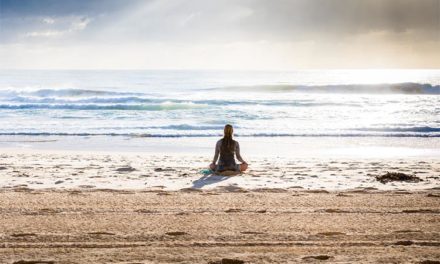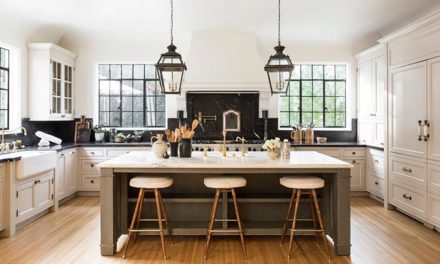Anxiety disorders are the most common mental disorder in the U.S.
The Anxiety and Depression Association of America reported that 3.1% of the U.S. population is diagnosed with generalized anxiety disorder.
Anxiety is a qualifying medical condition for medical marijuana use in most states, including Louisiana. Visit the TeleLeaf New Orleans page to find more about getting a medical marijuana recommendation online.
Medical marijuana has been studied for its potential role in easing symptoms of anxiety.
Medical marijuana can reduce anxiety-related symptoms by allowing you to process emotions at a more manageable rate. Allowing you to sit within the discomfort to untangle the feelings which often lead to clarity.
If you are considering medical marijuana as a treatment option for anxiety, you can get a medical marijuana recommendation online.
Anxiety Patients in New Orleans
In New Orleans, recent statistics show that 1 in 5 patients who have been diagnosed with COVID-19 were found to have mental illness 14 to 90 days after the diagnosis. The most common illnesses were anxiety, insomnia, and dementia.
New reports indicate that medical marijuana creates a calming experience and temporarily relieves symptoms of anxiety for many people.
A 2016 survey resulted in a 58% reduction in anxiety and stress of a specific group of people suffering from the condition when they used medical marijuana.
In August 2020, medical marijuana was approved to be legally used for a wider variety of conditions in Louisiana including anxiety.
What is Anxiety
Anxiety disorders involve more than temporary worry or fear. It usually involves a persistent feeling of apprehension or dread that doesn’t go away and that interferes with how you live your life. Oftentimes, it is consistent, even if there is no immediate threat.
Basic Information on Anxiety
People who are experiencing anxiety disorders feel frightened, distressed, and uneasy because of perceived threats or stressors. Even though anxiety disorders are highly treatable, only 36.9% of those suffering receive treatment.
Women are twice as likely to be affected by anxiety as men. Nearly one-half of those diagnosed with depression are also diagnosed with an anxiety disorder.
General Anxiety Disorder (GAD), for example, often co-occurs with major depression.
Types of Anxiety
- Generalized Anxiety Disorder
- Obsessive-Compulsive Disorder (OCD)
- Panic Disorder
- Post-Traumatic Stress Disorder (PTSD)
- Social Phobia or Social Anxiety Disorder
Causes of Anxiety
- Family history — OCD can be passed down in a family
- Stressful events — life events like childhood abuse and neglect, the death of a loved one, stress at the workplace, troubled relationships, being attacked, or witnessing violence
- Health issues– ailment, especially chronic diseases like some heart, lung, and thyroid conditions
- Substance abuse — heavy use of drugs, alcohol, and other substances when the effects of the substance begin to wear off
- Personality factors — perfectionists or people who like to be in control
- Brain chemistry-faulty circuits in the brain that control fear and emotions
Impact on Lifestyle of Anxiety
People who have anxiety find it hard to get through the day. They often experience physical symptoms that manifest over time.
Overview of Anxiety Symptoms
The symptoms of anxiety disorder from the National Institute of Mental Health include:
- Feeling restless, wound-up, or on-edge
- Being easily fatigued
- Having difficulty concentrating; mind going blank
- Being irritable
- Having muscle tension
- Difficulty controlling feelings of worry
- Having sleep problems
Types of Anxiety Treatments
The typical approaches to treating anxiety include:
- Cognitive Behavioral Therapy (CBT) is considered an effective treatment for a range of anxiety disorders. It aims to alleviate symptoms by helping adjust unhelpful thought patterns, beliefs, and behavioral patterns of avoidance.
- Several types of drugs are used to treat the symptoms of anxiety. Your doctor can give you antidepressants, anticonvulsants, antipsychotics, and beta-blockers to help you relax.
Get your medical cannabis card in NOLA to help you get started and gain access to medical marijuana pharmacies.















